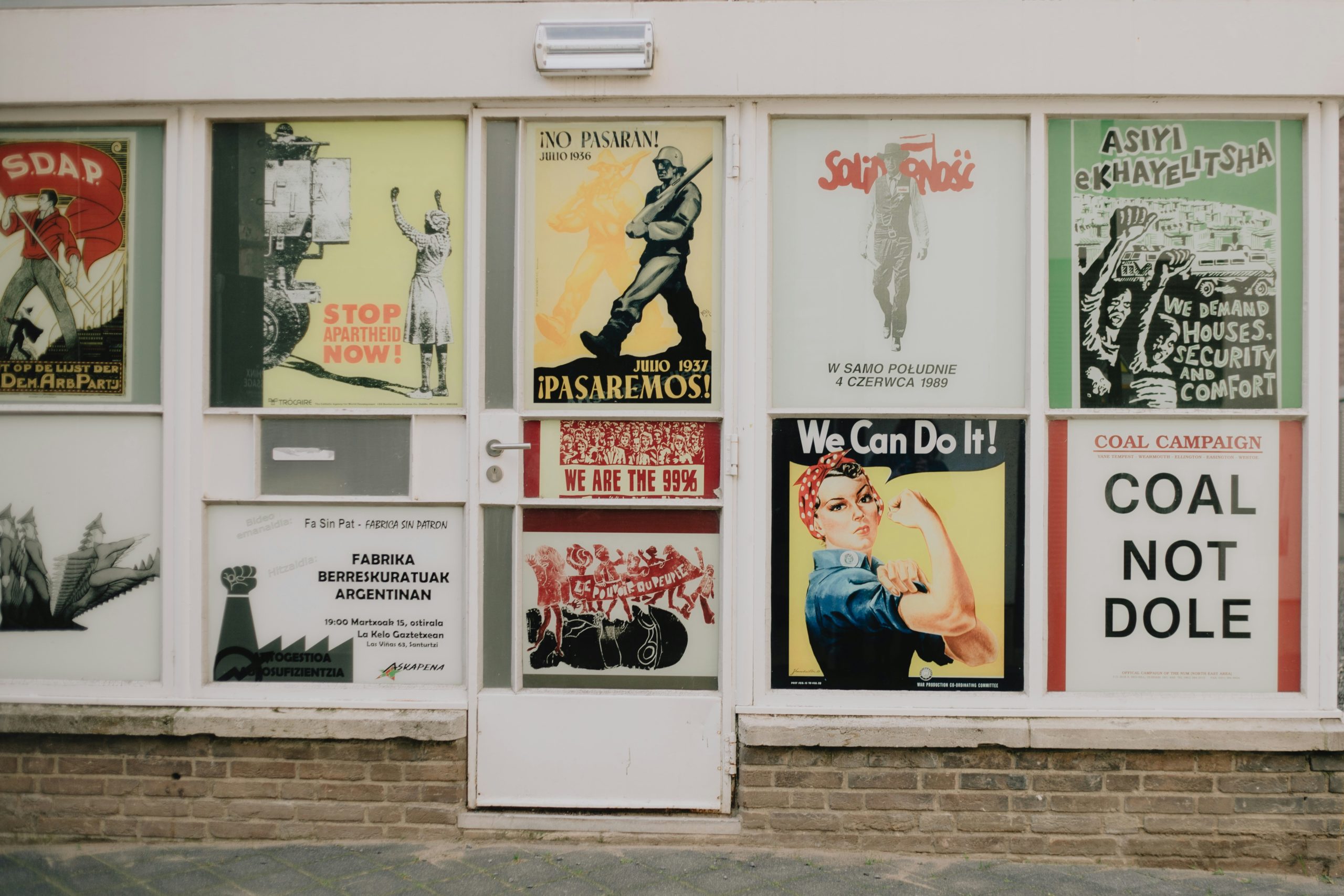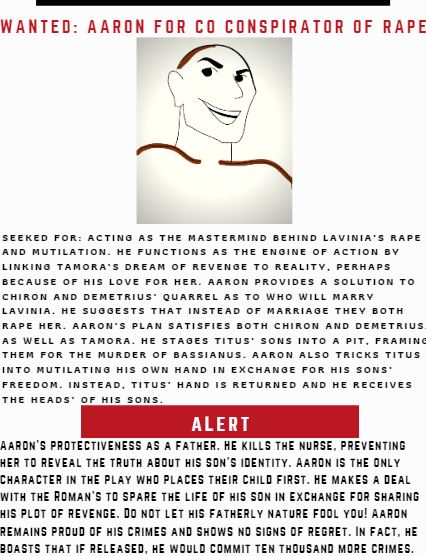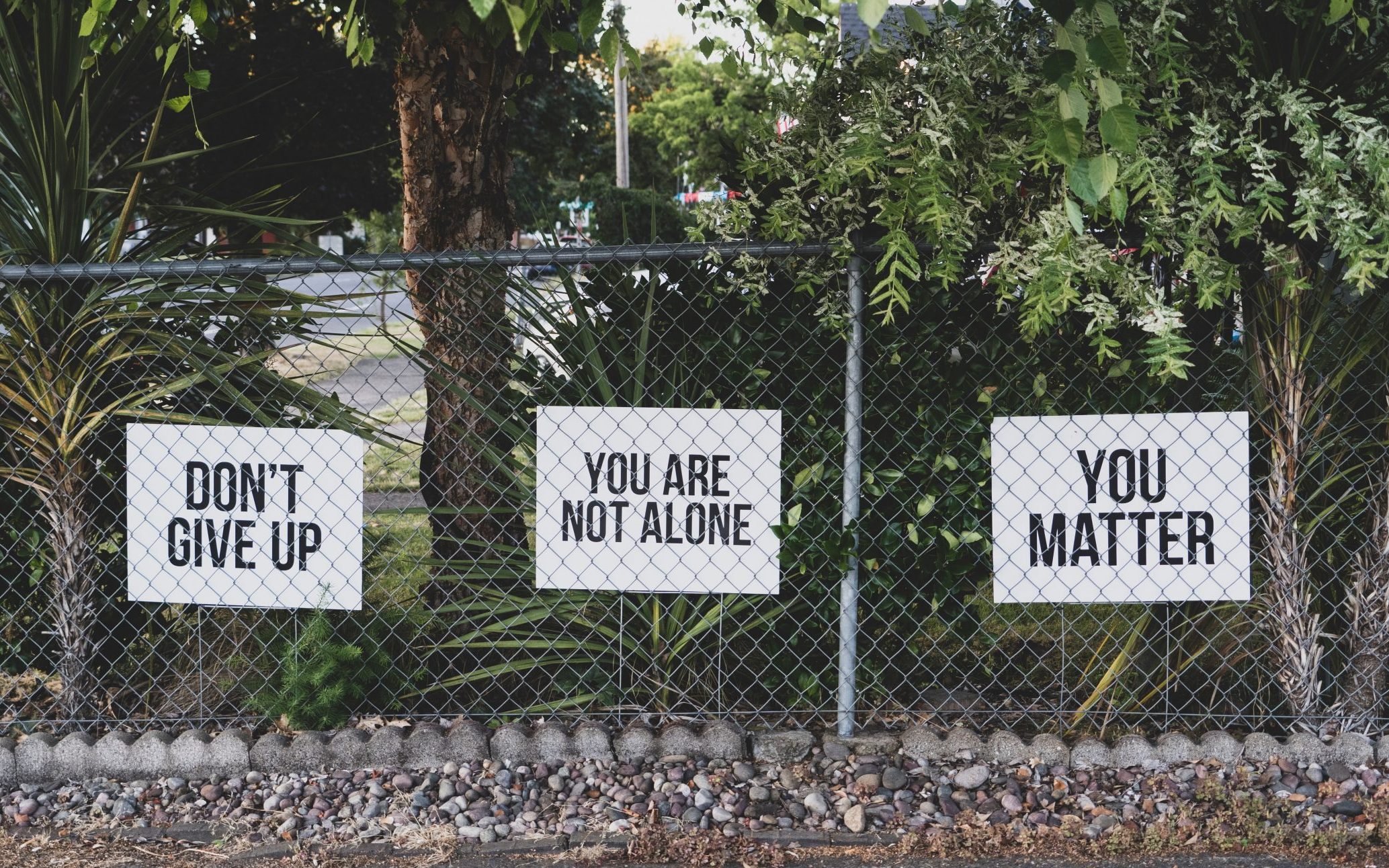The Spanish Civil War was waged between Republicans who looked to preserve the newly formed Spanish Republic and Nationalists who sought to transform Spain into a Fascist dictatorship.
This war was an important prelude to the Second World War and was internationally recognized as a major conflict.
In the war, both sides received support from important players in the looming Second World War. The nationalists were supported by Hitler’s Germany whereas the Republicans received support from the USSR.
The war began after a partially failed coup d’etat against the Republican government in 1936.
The coup left Spain divided in two which escalated to a civil war.
Most Western countries recognized the Republican government but decided to follow a policy of non-intervention. They did, however, allow volunteers in an International Brigade.
The International Brigades were soldiers from across the world who went to Spain to join the popular front and preserve the Republic. It is estimated around 32 000 people from across the world came to Spain with 1500 Canadians joining the war between 1936 and 1938.
This was amongst the backdrop of appeasement many countries such as the U.K and Canada were participating in, in hopes to keep fascist countries like Germany and Italy from further expanding. This would ultimately be a failure. This went so far that when Prime Minister Mackenzie-King visited Germany in 1937 he would write favorable words in his diary about Adolf Hitler. He compared him to Joan of Arc and commented on his “smooth skin”.
This strange appeasement policy was not common amongst Canadians who did not think of the Fascist leader in as favorable terms as their Prime Minister did.
When the 1500 Canadians left Canada, it was still in the midst of an economic depression. Unemployment would climb to over 30 percent, and even in the midst of the worst economic times The Canadian Government would not address the issue in any substantial way. This is in contrast to United States New Deal programs, which aimed to put millions to work for good paying wages.
The oldest party in Canadian history, which still exists in 2024, is the Liberal Party in Canada as the Conservatives have been through too many deaths and rebirths to count.
The second oldest is the Communist Party of Canada which was extremely active in the 1930s. Founded in 1921, the CPC aimed to be a voice for an alternative economic system inspired by Socialist ideals. The CPC identified The Great Depression as a failure of Capitalism, and in return, were raided multiple times by the Royal Canadian Mounted Police.
The leader of the party, Tim Buck, was imprisoned in 1932 and was the target of an assassination attempt in his cell. Eight shots would be fired into his cell. In 1933, the Minister of Justice admitted that the shots had been deliberately fired into his cell to intimidate him. Norman Bethune, a famous Canadian surgeon and Physician, would become a member of the party. He was one of the earliest proponents of socialized medicine in Canada. He would join the fight in Madrid to help the Republicans in the Civil war. Later in his life, Bethune would aid the Chinese Communists during their civil war by performing emergency battlefield operations on war casualties. He would die in China due to malnourishment and septicaemia. He is recognized across Canada as a hero as well as in China where Mao Zedong authored a eulogy entitled In memory of Norman Bethune.
The CPC would organize further efforts to help the people of Canada, such as the Relief Camp Workers Union, which appealed to Ottawa for work and wages, R.B Bennett would use the RCMP to brutally suppress them.
Canadians were suffering during the depression and were afraid of the rise of fascism happening across the globe. When a group of Fascists attempted to overthrow the Popular Front government of Spain and install a dictatorship, Canadians traveled in secret to Spain to fight on behalf of the republican government.
Similarly, in the United States, members traveled to Spain and created the Abraham Lincoln Battalion named after one of the most famous Presidents of the United States.
The Canadian chose a like-minded name. The Mackenzie-Papineau Battalion was named after two people.
WIlliam Lyon Mackenzie leader of the Reformers and Louis Papineau leader of the Patriotes. These were the two main leaders of the 1837-38 rebellions in Upper and Lower Canada.
Readers can find an article on that rebelion through this link.
https://theath.ca/editorials/the-often-forgotten-rebellions-of-1837-1838/
Leaders chose this name not only because of the history of the rebellion but because the current Prime Minister WIlliam Lyon Mackenzie-King was the grandson of WIlliam Lyon Mackeznie. This was an attempt to persuade the government to officially recognize the battalion, which the government decided not to do.
Volunteers from the United States and U.K were mostly around university age. In Canada, volunteers were mainly older and working class.
The Mackenzie-Papineau battalion fought in several battles through the Civil War. These included the Battle of Teruel and the Aragon Offensive.
Near the end of the war, on September 21st, 1938, the Spanish Prime Minister ordered the International Battalion to withdraw as defeat was imminent. Madrid would fall several months later on March 29, 1939. Within months of Madrid’s fall, the Germans would invade Poland kick-starting the Second World War.
By the end of the war, 721 Canadians died in the defense of Spanish democracy.
In the return of veterans to Canada, many were investigated by the RCMP and some prosecuted.
Veterans of the Spanish Civil War have been repeatedly failed by the Canadian government. Their names were not included in the Books of Remembrance and not commemorated on Remembrance Day.
Despite this, there are several monuments dedicated to the sacrifice of Canadians enlisted in the Mackenzie-Papineau Battalion. The first was erected at Queens Park, Toronto as well as another in Victoria, BC. The final monument was unveiled in Ottawa and was funded by the Friends and Veterans of the Mackenzie-Papineau Battalion.
Spain did not restore its democracy until the death of Fransico Franco in 1975.
This Remembrance Day please keep the sacrifices of the Mac Paps in mind and fight for the long awaited recognition of the battalions struggle for Spanish democracy and fight against fascism.





